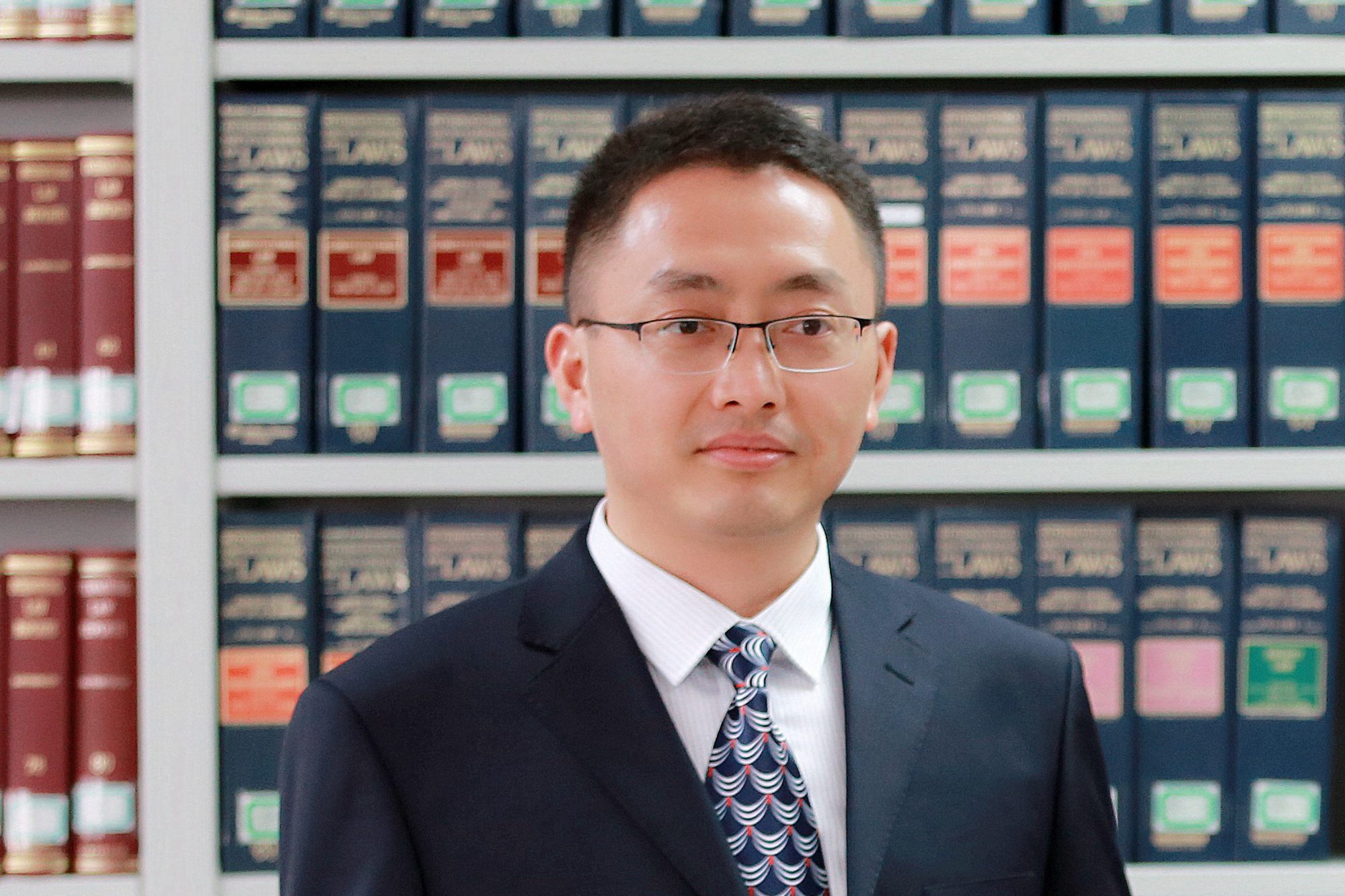
Abstract: In torts liability in guardianship, labor, education, security and other similar relationships, the responsible person and the perpetrator are separated. Under the pressure of liability, the responsible person may take the initiative to adopt precautionary measures such as monitoring and disclosure that negatively affect the perpetrator’s right to privacy. It is not useful to apply a general model to protect the privacy right of such perpetrators as minors, the mentally impaired, laborers, students, and those who are active in public places. Instead, the privacy right should be taken into account as a necessary condition for the reasonableness of the establishment and interpretation of liability, so as to eliminate proactive factors of infringement in the first place. To achieve the reasonableness of liability, it is necessary to restore the whole picture of the relationship between the responsible person and the perpetrator from the technical abstraction, to consider the multi-layered meaning of the relationship and the value orientation, and to use the privacy right as a powerful tool to counteract the subordination and to embody the perpetrator’s values of human dignity and autonomy and self-determination. More specific rules can be set for the content and infringement patterns of the perpetrator’s privacy right in the typical sense to match with tort liability. The impact of new technologies on the content and infringement patterns of the perpetrator’s privacy right should be reflected in specific rules, but the regulation of new technologies cannot replace the reasonable setting and interpretation of tort liability.
Key Words: privacy right, guardian’s liability, employer’s liability, school’s liability, liability for safety
Author: DOU Haiyang, associate research fellow, CASS Institute of Law;
Source: 2 (2024) Chinese Journal of Law.



